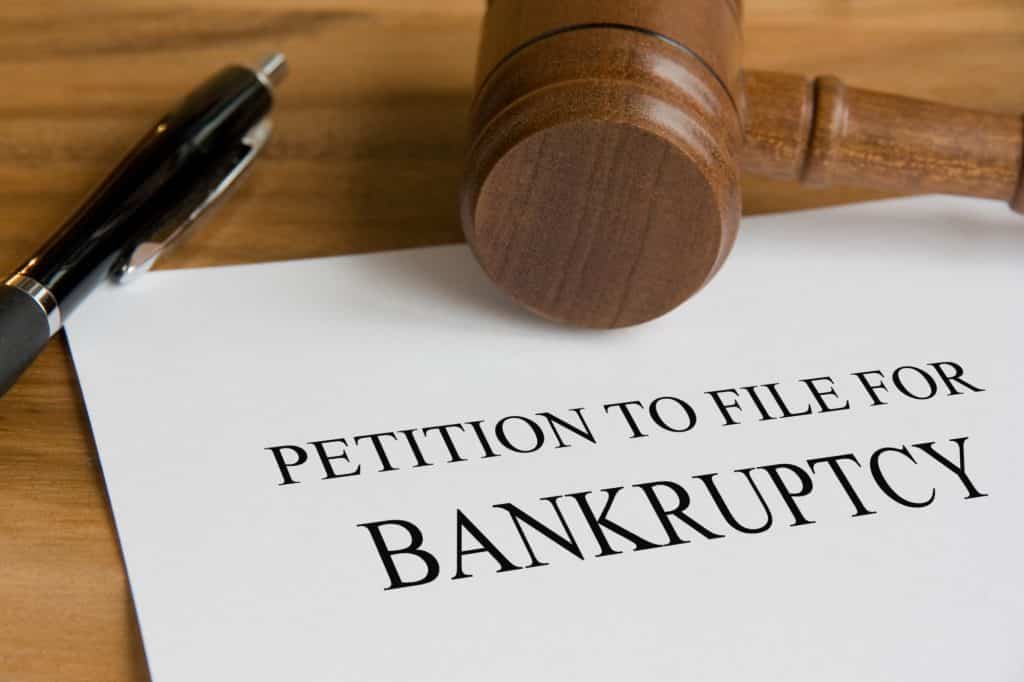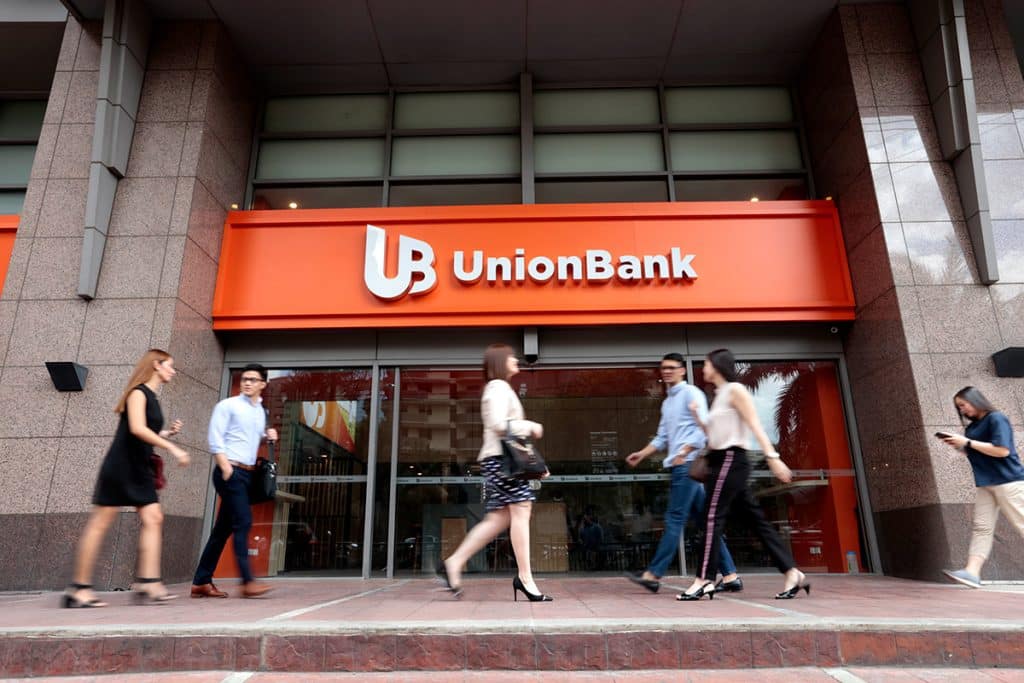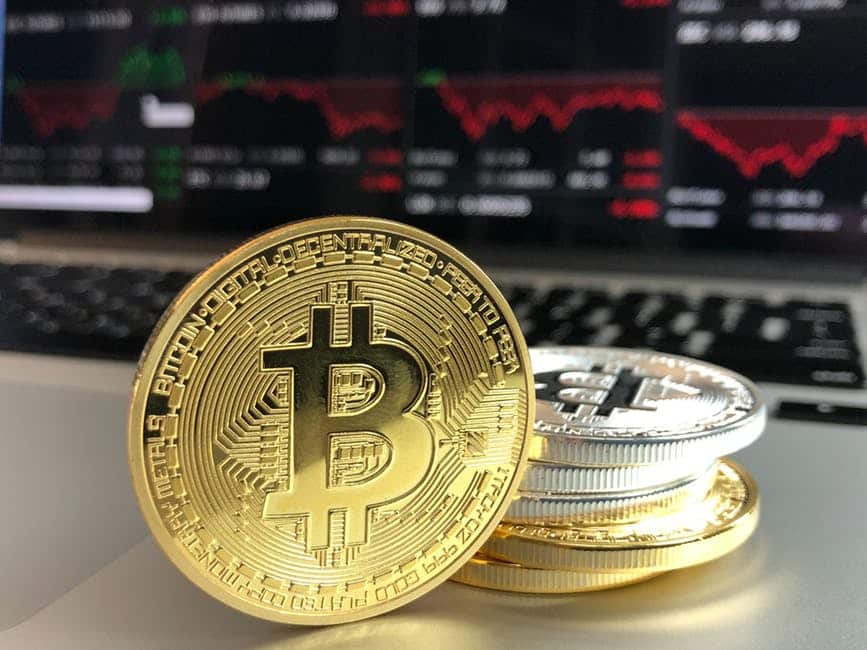The webinar entitled, “IsDB Group Private Sector Action Response to COVID-19” will discuss the challenges facing the private sector and global economy during the COVID-19 outbreak.
30 June, 2020, Dubai, UAE – The Islamic Development Bank Group in partnership with the UAE Ministry of Economy and Annual Investment Meeting, will conduct a live webinar entitled “IsDB Group Private Sector Action Response to COVID-19” on the 6th of July at 01:00 PM (KSA Time) to discuss the challenges facing the private sector and global economy during the COVID-19 outbreak.

The live session will also present the immediate joint action response of the IsDB Group Private Sector Entities namely, the Islamic Corporation for Insurance of Investments and Export Credits (ICIEC), Islamic Corporation for the Development of the Private Sector (ICD), and the International Islamic Trade Finance Corporation (ITFC), in order to overcome the COVID-19 pandemic.
The webinar will discuss the future outlook to overcome the COVID-19 pandemic. In addition, the webinar will highlight the IsDB Group’s US$2.3 billion Strategic Preparedness and Response Programme for COVID-19 under its 3Rs approach “Respond, Restore and Restart”.
The keynote speakers who will share their in-depth perspectives in the webinar are Mr. Ousama Kaissi, the Chief Executive Officer of the Islamic Corporation for the Insurance of Investment and Export Credit (ICIEC); Mr. Ayman Sejiny, the CEO & General Manager of the Islamic Corporation for the Development of the Private Sector (ICD), Eng. Hani Salem Sonbol, the Chief Executive Officer of the International Islamic Trade Finance Corporation (ITFC) and Ms. Cornelia Meyer, the Chairman & CEO of Meyer Resources.
Mr. Ousama Kaissi, the Chief Executive Officer of The Islamic Corporation for the Insurance of Investment and Export Credit (ICIEC) and one of the keynote speakers in the webinar, stated: “While the disruption to global trade and investment flows is unavoidable due to the unprecedented nature of the coronavirus pandemic, it is essential that institutions with the mandate and means to stabilize the trade ecosystem during the crisis heighten their efforts to do so. ICIEC is honoured to be a part of this webinar with the UAE Ministry of Economy and our IsDB Group peers in order to share how we are employing our multilateral insurance solutions toward the collective recovery of member countries.”

“The private sector can play a pivotal and proactive role to close funding gaps in the COVID-19 response. It is capable to minimize short-term risks to employees and long-term costs to businesses and the economy as a whole. ICD will work closely with 100+ local and regional financial institutions in its network to provide necessary support so they can continue to fund private sector, particularly SMEs in affected sectors within the markets they operate in” stated Mr. Ayman Sejiny, the CEO of the Islamic Corporation for the Development of the Private Sector (ICD), and one of the keynote speakers in the webinar.
Eng. Hani Salem Sonbol, the Chief Executive Officer of the International Islamic Trade Finance Corporation (ITFC) and one of the keynote speakers in the webinar, stated: “Since the outbreak of the pandemic, ITFC has moved quickly to put in place emergency financing measures to ensure that member countries continue to receive the support needed. Our COVID-19 ‘Rapid Response Initiative’ (RRI) has made US$ 300 million immediately available. This has facilitated the immediate access to medical equipment, the supply of staple foods and critical energy needs. Continuing to work closely with IsDB and partners, ITFC is moving forward with its Recovery Response Plan (RRP) with the provision of US$550 million for deployment over the next two years. The RRP is aimed at fixing the socio-economic damage which is expected to last longer than immediate impact of the virus; including the provision of lines of financing to fund the private sector and SMEs.”
“It is a great privilege to be in collaboration with the UAE Ministry of Economy and Islamic Development Bank Group in organizing this live webinar session that will tackle the major challenges currently being confronted by the private sector and the global economy as a whole,” Mr. Walid A. Farghal, Director General of the Annual Investment Meeting mentioned.
“The private sector is indispensable to economic growth. In fact, it contributes up to 90 per cent of employment and provides over 80 per cent of government revenues in developing countries. Thus, it is essential to highlight this huge initiative by the IsDB Group that enables the sectors adversely affected by COVID-19 to continue their business activities,” he furthered.
During the webinar, 3 online initiatives will be launched jointly by IsDB Group Private Sector Entities and AIM. These initiatives will support the private sector, trade and exports in OIC member countries and will be focusing on:
- Digital Country Presentations: to promote and showcase the investment and trade opportunities in OIC member countries which will serve as a virtual gathering and strategic innovative platform to support the investors, government agencies, private institutions, investment promotion agencies to discuss the best possible means to attract FDI.
- Startups Virtual Pitch Competition: to connect Startups globally and support them in meeting potential partners and investors from other parts of the world.
- MADE IN…..SERIES: this digital platform is open to all SMEs who want to showcase and present their local products, project and services to international audience.
The webinar will gather more than 700 participants from multiple sectors across the globe such as government officials, Chairmen, Presidents & CEOs of local and international companies, multilateral and financial institutions, Chambers of Commerce & Industry, business associations, investment promotion agencies, individual investors, and entrepreneurs.
For further information, please refer to the following website (https://isdbg-psf.org/webinar)
About the Islamic Corporation for the Insurance of Investment and Export Credit (ICIEC)
Established 26 years ago in 1994 as a multilateral institution and member of the Islamic Development Bank Group, ICIEC was tasked to promote cross-border trade and foreign direct investments (FDI) in its Member Countries. To fulfill its mandate, ICIEC provides risk mitigation solutions to Member Country exporters. By protecting them from commercial and political risks, exporters are enabled to sell their products and services across the world. The multilateral credit insurer also provides risk protection to investors from across the world that seeks to invest in ICIEC’s Member Countries. To promote the sustainable economic development of its Member Countries, ICIEC – on a limited basis – can also support international exporters selling capital goods or strategic commodities to ICIEC’s Member Countries. In addition to its core business, ICIEC also offers technical assistance to Member Countries’ Export Credit Agencies. ICIEC’s mission is to make trade and investment between Member Countries and the world more secure through the Shariah-compliant risk mitigation tool. Its vision is to be recognized as the preferred enabler of trade and investment for sustainable economic development in Member Countries. ICIEC is the only multilateral export credit and investment insurance corporation in the world that provides Shariah-compliant insurance and reinsurance solutions. Today, ICIEC supports trade and investment flows in 47 Member Countries spanning across Europe, Asia, Middle East and Africa. Its target clients are corporates (both exporters and investors), banks and financial institutions as well as Export Credit Agencies and insurers.
About the Islamic Corporation for the Development of the Private Sector (ICD)
ICD is a multilateral development organization and a member of the Islamic Development Bank (IsDB) Group. The mandate of ICD is to support economic development and promote the development of the private sector in its 55-member countries through providing financing facilities and/or investments in viable projects sponsored by eligible enterprises in accordance with the principles of Shari’ah. ICD also provides technical assistance and advisory services to member countries and their public and private enterprises with a view to improving the environment for private investment, facilitating the identification and promotion of investment opportunities, privatization of public enterprises and the development of the Islamic capital markets. ICD applies Fintech to make finance more efficient and inclusive. ICD set up a platform built and centered on ICD relationship with 119 Financial Institutions. Through them, the IsDB Group in general and ICD in particular leverage access to the country and avail financing opportunities. For more information about ICD, visit www.icd-ps.org.
About the International Islamic Trade Finance Corporation (ITFC)
The International Islamic Trade Finance Corporation (ITFC) is a member of the Islamic Development Bank (IsDB) Group. It was established with the primary objective of advancing trade among OIC Member Countries, which would ultimately contribute to the overarching goal of improving socioeconomic conditions of the people across the world. Commencing operations in January 2008, ITFC has provided more than US$51 billion to OIC Member Countries, making it the leading provider of trade solutions for the Member Countries’ needs. With a mission to become a catalyst for trade development for OIC Member Countries and beyond, the Corporation helps entities in Member Countries gain better access to trade finance and provides them with the necessary trade-related capacity building tools, which would enable them to successfully compete in the global market.
About the Islamic Development Bank Group Business Forum (THIQAH)
The Islamic Development Bank Group Business Forum (THIQAH) is the window of IsDB Group that facilitate contact and coordination between entities concerned of the IsDB Group and private sector firms and related institutions in IsDB Group member countries. The main objective of THIQAH is to establish a unique and innovative platform for dialogue, cooperation and inclusive partnership for business leaders committed to partnering in promising investment opportunities. THIQAH’s vision is to position itself as the leading business platform of the IsDB Group serving the private sector and maximizing the achievements of successful investment projects. Through facilitation and catalyst roles, THIQAH will be leveraging IsDB Group’s resources to offer necessary services and confidence to investors and to establish strategic partnerships with the leaders of the private sector in order to capitalize on their expertise and know-how on one hand, and to synergize with IsDB Group entities on the other. The primary focus will be on maximizing cross-border investment among member countries to be supported by IsDB Group’s financial products and services. (www.idbgbf.org).
About Annual Investment Meeting (AIM)
Annual Investment Meeting (AIM), the World’s Leading Investment Platform in the Middle East and North Africa, will hold its 10th at the Dubai World Trade Centre, Dubai, United Arab Emirates.
Under the theme ‘Investing for the Future: Shaping the Global Investment Strategies’, AIM will gather high-ranking government officials, decision makers, corporate leaders, policy makers, businessmen, regional and international investors, entrepreneurs, leading academics and investment experts to address the global challenges of securing viable investment aimed at contributing to economic growth.
AIM has evolved from assisting emerging economies to attract FDIs. On its 10th edition, AIM will embrace a bigger challenge of enabling economic growth through its five pillars – FDIs, Startups, Future Cities, SMEs, Foreign Portfolio Investment, and special event One Belt and One Road.
AIM 2019 saw the participation of over 16,000 visitors, 436 exhibitors and co-exhibitors, 66 high-level dignitaries, more than 150 experts and investment specialists, and 143 country representations.




